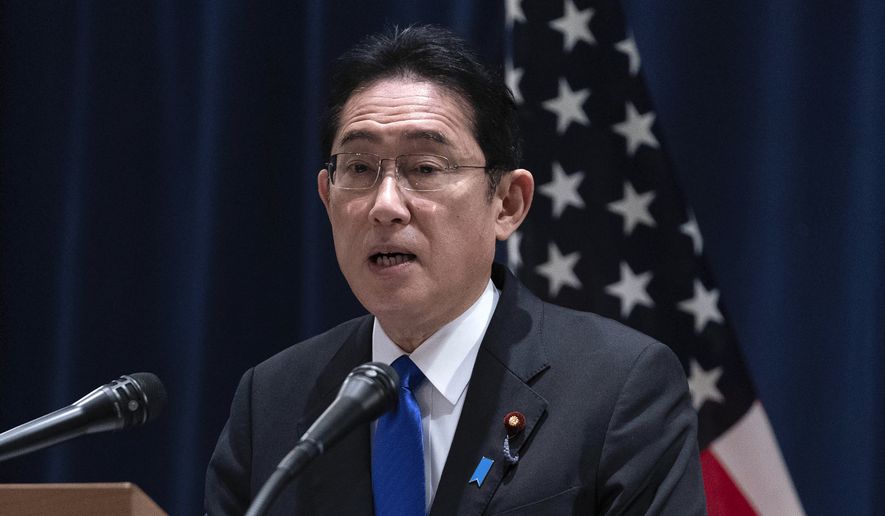Japanese Prime Minister Fumio Kishida urged action on reversing the country’s low birthrate.
“We cannot waste any time on the policies for children and childrearing support. We must establish a children-first economic society and turn around the birthrate,” he said Monday in a speech to Japan’s parliament, according to The Associated Press.
Japan’s population has declined 14 straight years, with a current fertility rate of 1.3 children per woman. The country’s Ministry of Health projects that Japan will record under 800,000 births this year for the first time since such records began in 1899.
With Japan’s population aging and becoming more of an economic burden, the need for young, productive people is urgent, Mr. Kishida said. He depicted the crisis in stark terms, saying Japan was “on the brink of not being able to maintain social functions,” according to CNN.
Solving the issue is a case of “now or never,” he said.
To reverse this, Mr. Kishida’s Liberal Democratic Party wants a doubling of expenditures on child-related programs, with a new agency debuting in April to tackle the birthrate issue.
The fall of the fertility rate below the replacement rate of two children is not only a Japanese issue. In 2020, the last year when data can be compared between countries, China and Japan had fertility rates of 1.3, while South Korea stood at 0.8 fertility rate, according to the World Bank.
Those countries have high costs of childrearing.
A study from Beijing-based YuWa Population Research found that Japanese parents pay 4.26 times the country’s gross domestic product per capita to raise a child. The number for Chinese parents is 6.9, and for South Koreans, it’s 7.79, according to Reuters.
• Brad Matthews can be reached at bmatthews@washingtontimes.com.




Please read our comment policy before commenting.